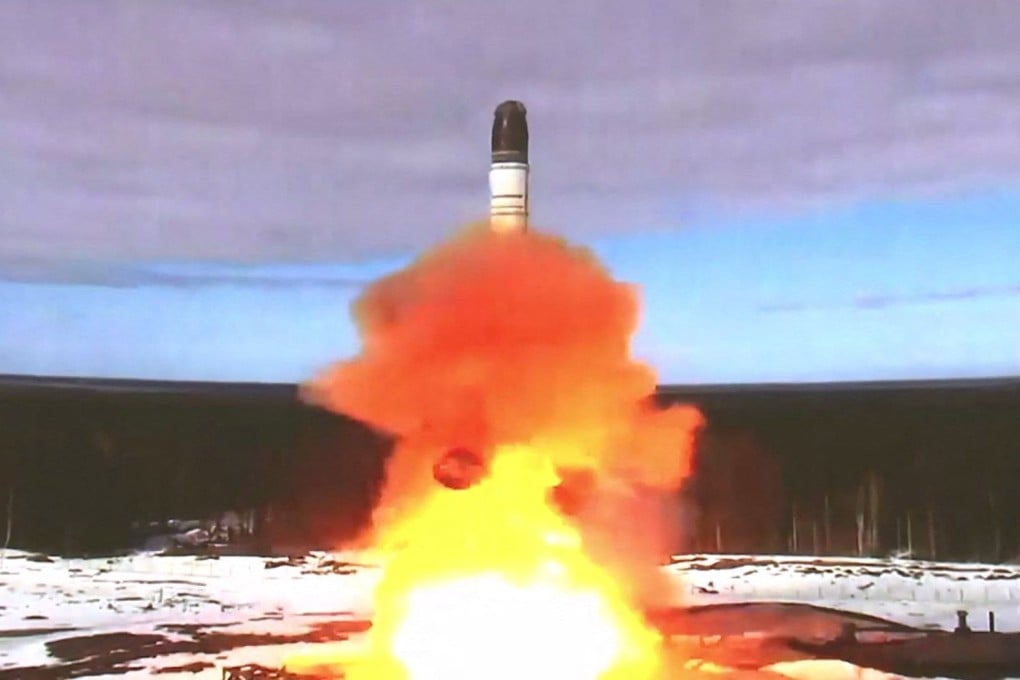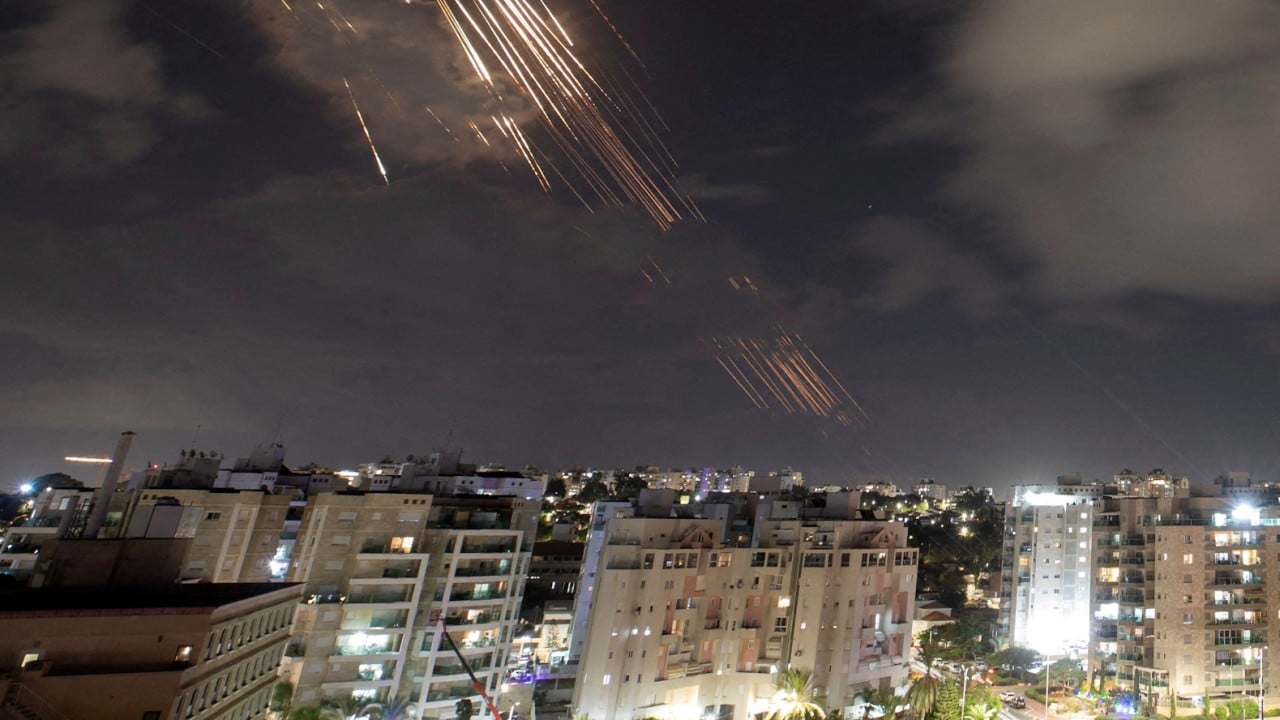Advertisement
Opinion | Nuclear weapons proliferation is not necessarily bad news
Nuclear arms on both sides of tensions can prevent escalations into outright war, as has been the case in South Asia
Reading Time:3 minutes
Why you can trust SCMP

Amid the wars in Ukraine and the Middle East, there is one notable casualty: the nuclear non-proliferation movement. Over the last few years, conflicts in both regions have been shaped by the fact that Russia and Israel possess nuclear weapons but their adversaries in the immediate neighbourhood do not.
Advertisement
Russian President Vladimir Putin has used his country’s nuclear arsenal as a means to deter stronger Western support for Ukraine. On multiple occasions, Putin has threatened the United States and its Nato allies with a catastrophic war with Russia involving the use of “all the means” at Moscow’s disposal.
These threats have encouraged many in Ukraine to wonder if Russia’s invasion could have been prevented if Ukraine had not given up its nuclear weapons after the collapse of the Soviet Union in 1991. “Who gave up nuclear weapons?” said Ukrainian President Volodymyr Zelensky at the European Council summit in Brussels last week. “Ukraine. Who is fighting today? Ukraine.”
In the Middle East, the war in Gaza has rapidly expanded, prompting a US official to declare this week that the conflict has “escalated out of control”. Israel’s recent ground invasion of southern Lebanon has displaced about a fifth of that country’s population.
These escalations may perhaps have been less feasible or likely if Israel faced credible threats of nuclear retaliation in the region. While Israel is widely known to possess nuclear weapons, none of its neighbours has a proven arsenal of their own.
Contrast this with the situation in South Asia. For decades, India has had volatile border disputes with China and Pakistan. Those disputes resulted in a series of wars through the 20th century. That pattern changed at the turn of the millennium when India and Pakistan each tested and developed nuclear weapons. Since then, despite occasional skirmishes, crossfire and seemingly intractable hostility, none of those disputes has come close to a large-scale ground invasion by any party.

Advertisement

